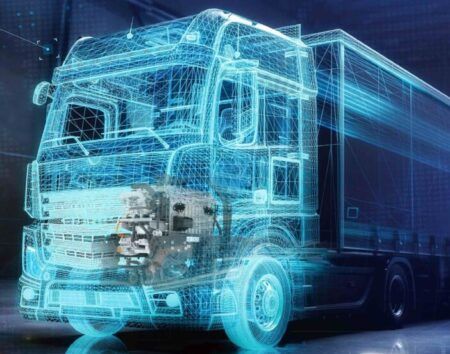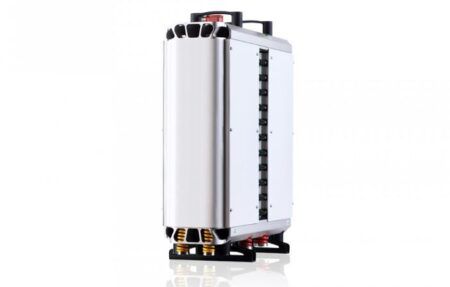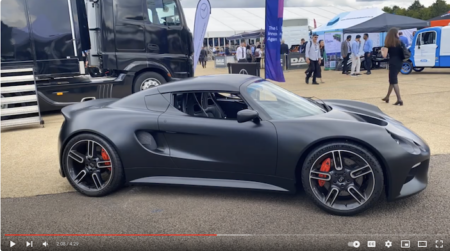Toyota Motor Corporation and Denyo have jointly developed a fuel cell power supply vehicle that generates electricity from hydrogen. The electrified vehicle can deliver electricity when and where it’s needed, for a range of scenarios, including disaster-stricken areas without power, and entertainment venues such as outdoor concerts. The zero-emission vehicle will reduce CO2 emissions and can supply continuous power for around 72 hours.
It carries approximately 65kg of hydrogen, stored in 27 hydrogen tanks, so it can cover long distances and generate power for long periods of time with the only emission being water.
As a leading manufacturer of mobile (portable) generators, Denyo will work with Toyota to start verification tests this month, with the aim of commercializing the vehicle and helping create a sustainable society, which is one of the aims of the United Nations’ Sustainable Development Goals (SDGs).
Toyota and Denyo are both actively engaged in protecting the environment and believe that applying fuel cell technologies to commercial and industrial vehicles is needed to reduce CO2 emissions. Many of the current generation of power supply vehicles use diesel engines to power the vehicle, producing harmful emissions including carbon dioxide and nitrogen oxide (NOx) when they are driven and generating electricity.
The Toyota/Denyo fuel cell power supply vehicle is based on Toyota’s Dyna light-duty truck and is powered by the fuel cell system used by Toyota’s Mirai fuel cell electric vehicle (FCEV). The vehicle uses fuel cell power supply equipment developed by Denyo under a program subsidized by Japan’s Ministry of the Environment.





